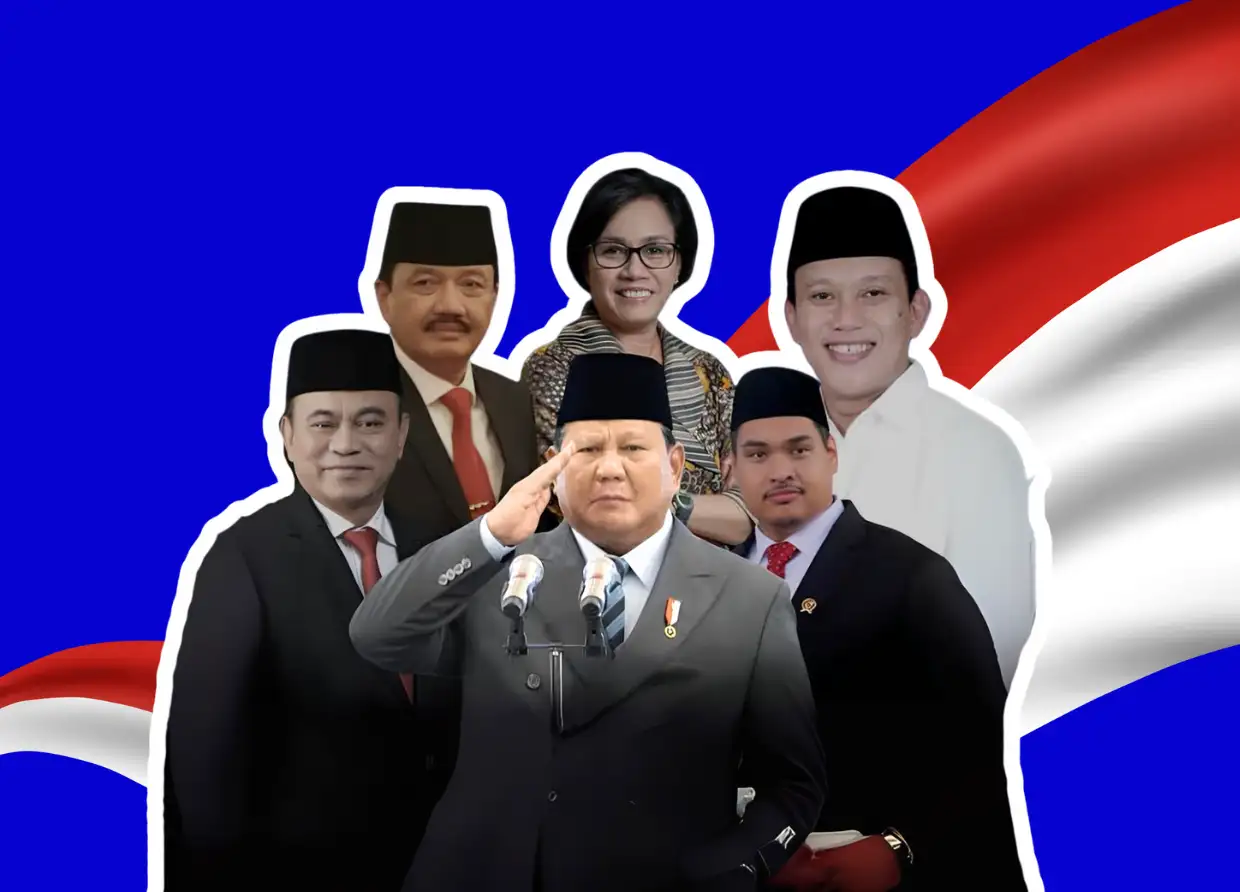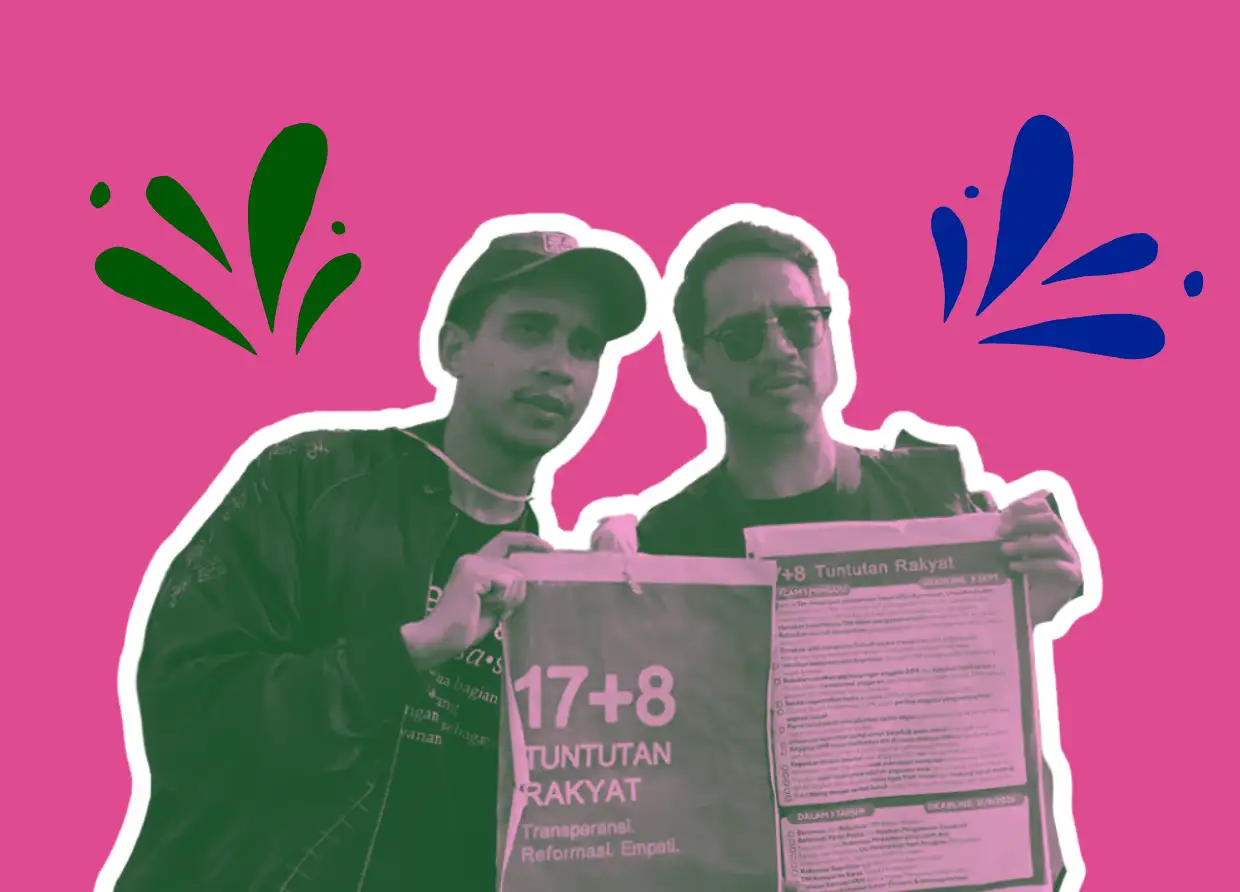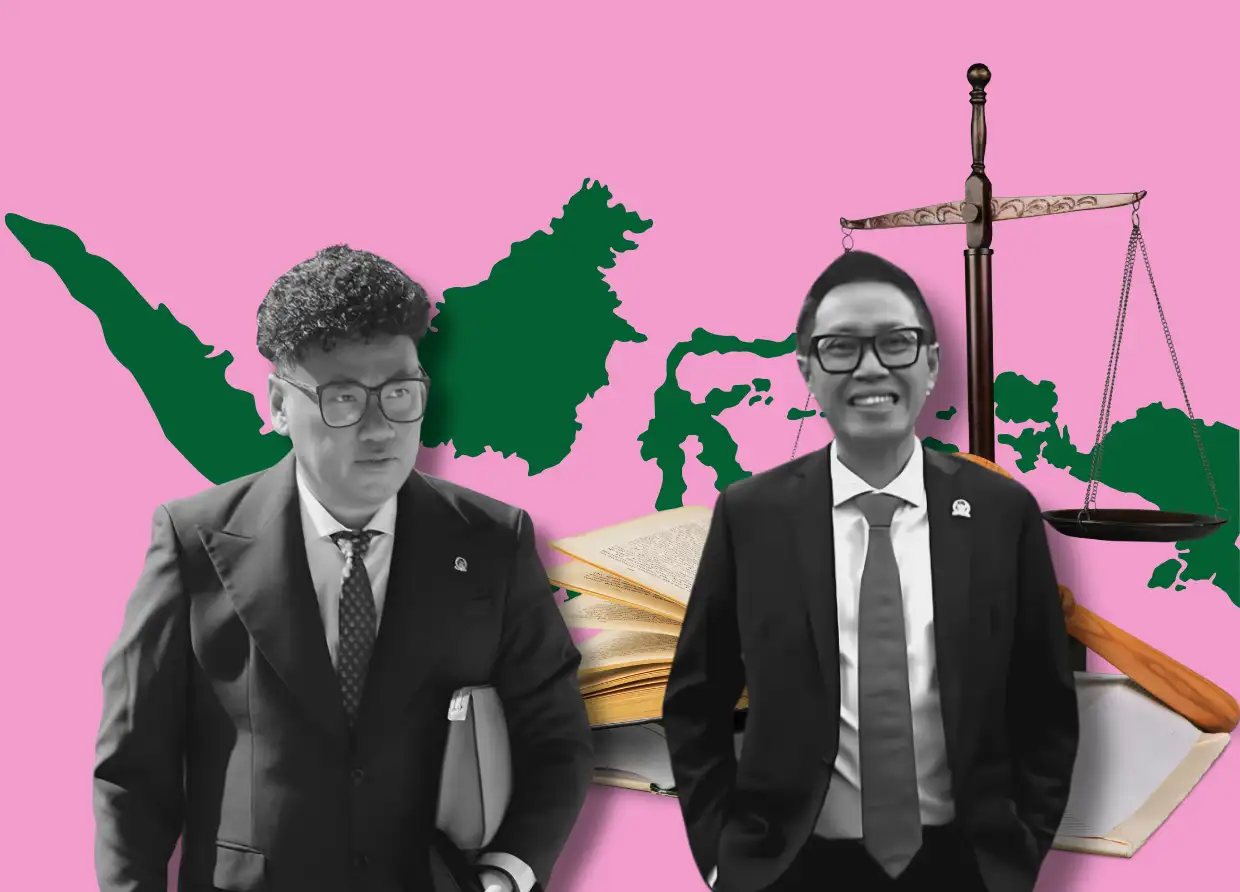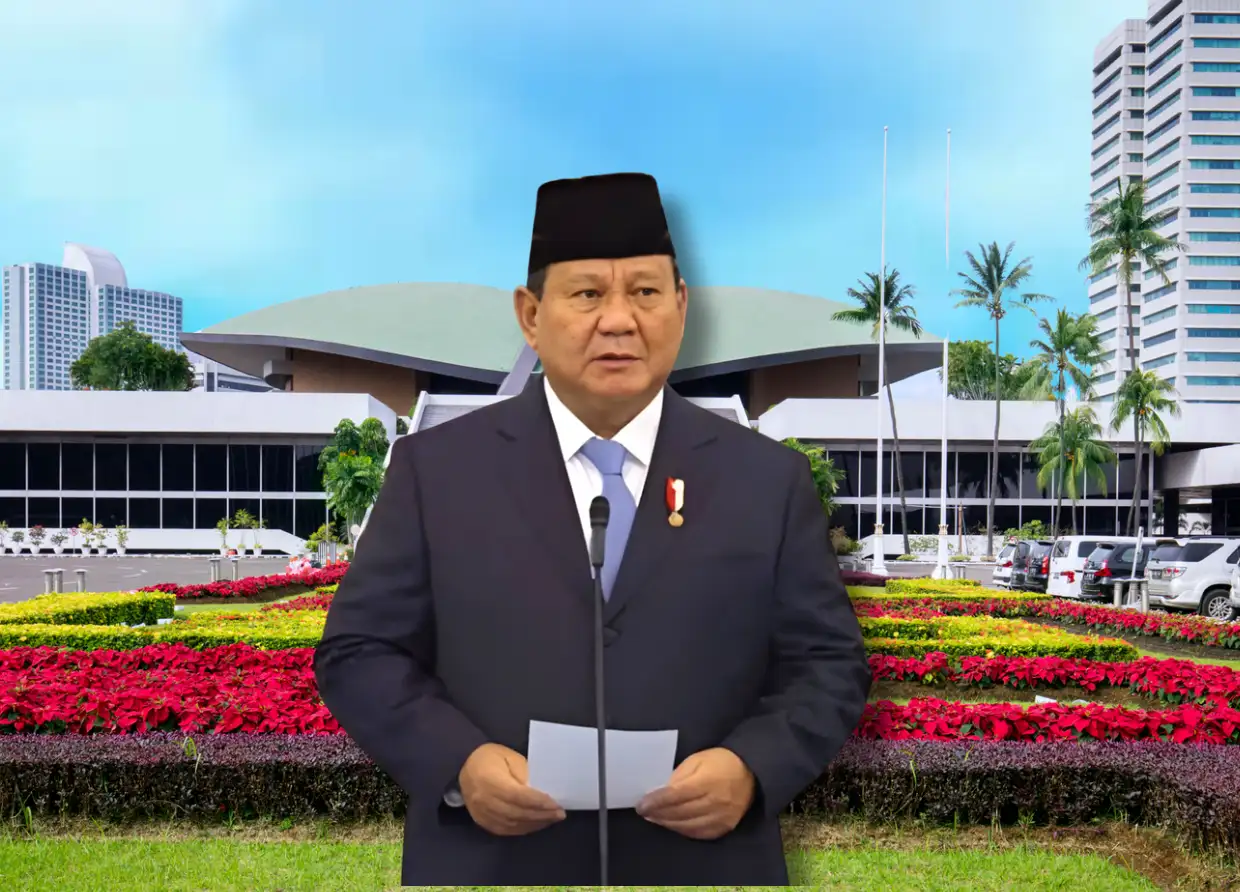INDONESIA RECONSIDERS VISA-ON-ARRIVAL POLICY AMID RISING COSTS AND INTERNATIONAL PRESSURE
Controversial Visa Fees Under Review as Indonesia Faces International Criticism and Seeks to Boost Tourism
Indonesia is revisiting plans to abolish its costly visa-on-arrival policy, a move that has sparked widespread debate among tourists and industry leaders. The policy, which currently applies to visitors from 97 nations, requires travelers to pay IDR 500,000 for a 30-day visa, with the option to extend for an additional 30 days.
Before the pandemic, Bali, a top tourist destination, allowed visa-free travel for up to 30 days for many international arrivals, including Australians. However, the introduction of the visa-on-arrival fee has significantly increased the cost of vacations on the island, exacerbated by the Bali Tourism Tax Levy of IDR 150,000 per person, introduced in February 2024.
The visa-on-arrival policy has faced substantial backlash, particularly from Bali’s most frequent international visitors. The increased expenses have deterred some tourists, leading to calls for the government to reconsider the policy. Earlier this year, Indonesian Minister for Tourism and Creative Economy, Sandiaga Uno, suggested that the visa-on-arrival fee could be scrapped for the country’s twenty most frequent international arrivals, including tourists from Australia, China, the UK, the USA, India, and South Korea. However, no concrete updates have been provided since the initial announcement.
The discussion around the visa-on-arrival policy has gained renewed attention as Indonesia strives to improve its ranking on the World Tourism Index. Minister Uno recently revealed that both the World Economic Forum and the World Travel & Tourism Council have criticized Indonesia for maintaining the visa-on-arrival fee, urging the country to adopt a more progressive approach to boost tourism.
“We were even reprimanded by the World Economic Forum and the World Travel & Tourism Council, who stated that Indonesia is a country that still applies for visa on arrival,” Minister Uno stated. He highlighted that other countries, like Thailand, have expanded visa-free travel policies to attract more tourists, with Thailand recently extending its visa-free limit to 60 days for most tourists.
Despite the ongoing deliberations, Minister Uno provided no timeline for when a decision might be reached or when any changes might be implemented. He emphasized that the proposal to revoke the visa-on-arrival policy for Bali’s top visitors is currently under review by President Joko Widodo.
“This is what is now being studied on the President’s desk. Now, only ASEAN countries are visa-free. But we want to expand to twenty countries with the most qualified and sustainable tourist contributors,” Minister Uno explained.
The visa-on-arrival policy was initially introduced to generate funds for developing sustainable tourism in Indonesia and to create a financial barrier to deter “low-quality” tourists. Minister Uno has often referenced Bhutan’s exclusive tourism model, which charges over USD 200 per day for tourist visas, accompanied by strict quotas. However, Indonesia’s tourism sector has struggled to find a balance between a high-end model and the broad appeal of Bali as a mass tourism destination.
As the debate continues, tourists planning visits to Bali and other parts of Indonesia are advised to apply for the e-visa on arrival within 14 days of their planned arrival. The e-visa application, available at evisa.imigrasi.go.id, can be completed online and allows for up to five people to apply at once, making it easier for families and groups. Indonesia’s Immigration Department has also launched an Instagram account and live chat option to assist travelers with the process.
The visa-on-arrival policy remains in effect for now, allowing foreigners to travel within Indonesia for tourism, social purposes, and a limited range of business activities. As the government continues its review, the future of Indonesia’s visa policies remains uncertain, with potential changes on the horizon that could impact the country’s tourism industry.
#THE S MEDIA #Media Milenial #Indonesia tourism #visa-on-arrival policy #Bali tourism #Sandiaga Uno #e-visa Indonesia #World Tourism Index #tourism fees #Bali Tourism Tax Levy #international arrivals #sustainable tourism #visa-free travel #World Economic Forum #World Travel & Tourism Council #Indonesia Immigration #travel costs #tourism industry






















